In February, much of the world’s attention turned to the novel coronavirus that has emerged from Wuhan, China. Brookings experts have commented on various aspects of the spreading disease, but also on many other policy topics. A sample from the month is presented below.
1. How has the coronavirus impacted the classroom?
As China, Japan, and possibly other nations close schools in response to the spreading coronavirus, or COVID-19, Rebecca Winthrop writes that “technology and online learning have taken on new importance for student learning.” She spoke with Jin Chi, a 2018 Echidna Global Scholar at Brookings and a professor at Beijing Normal University, who has been confined with her husband to their apartment the last four weeks, about how response to the virus has affected her research and education.
2. Did the 2017 tax cut pay for itself?
Supporters of the tax Cuts and Job Acts (TCJA) of 2017 claimed that it would increase revenues or even pay for itself. William Gale says that while “a tax cut could ‘pay for itself’ if it spurred substantial economic growth,” if it generated more tax revenues from higher wages, greater investment returns, and higher corporate profits, but “the TCJA … is not that tax cut.”
3. The real progressive-centrist divide in foreign policy
Despite the different approaches that Democratic presidential candidates are taking on foreign policy, one fact remains common, as Thomas Wright explains: “all of them want to see a foreign policy driven by values.” The big differences that arise between progressive and centrists concerning foreign policy, he says, appear to be more in the realm of attitude instead of strength. “Now is the time to listen for how the candidates’ individual beliefs and background might shape the details of those policies,” he concludes.
4. Why Ethiopia, Egypt, and Sudan should ditch THE Washington-brokered Nile Treaty
Ethiopia’s plan to build a dam on the Nile River in its territory has highlighted the tensions in the region around which countries have access to the water. A new Nile Treaty is in negotiation among Ethiopia, Egypt, and Sudan in a process brokered by Washington, but Addisu Lashitew voices the concern that “this agreement is borne out of a rushed negotiation process and may carry unintended future risks.” He adds that “Instead of rushing into a treaty now and dealing with its consequences later, Ethiopia, Egypt, and Sudan should join shoulders to design a legal framework that advances their common long-term interest.”
5. Trump’s State of the Union declared a “blue-collar boom.” Workers don’t agree
In his 2020 State of the Union address, President Trump declared that the U.S. is having a “blue collar boom.” Molly Kinder, who along with a team of other researchers has conducted interviews with low-income and blue-collar workers across the United States, disagrees. “In those interviews,” she writes, “four themes emerged that contradict Trump’s narrative.” The gap between President Trump’s address and the reality of workers is evident in compensation and employment figures. “Instead of simply declaring a ‘boom,’” she says, “we should listen to what workers have to say about the state of their economy and give them a voice in what their future will hold.”
6. Protecting Privacy in an AI-driven world
 Cameron Kerry explains that “streams of data from mobile phones and other online devices expand the volume, variety, and velocity of information about every facet of our lives and puts privacy into the spotlight as a global public policy issue.” The continual evolution of artificial intelligence, he says, “magnifies the ability to use personal information in ways that can intrude on privacy interests by raising analysis of personal information to new levels of power and speed.” Kerry calls for inclusion of protections against discriminatory algorithmic decision-making in any new privacy legislation.
Cameron Kerry explains that “streams of data from mobile phones and other online devices expand the volume, variety, and velocity of information about every facet of our lives and puts privacy into the spotlight as a global public policy issue.” The continual evolution of artificial intelligence, he says, “magnifies the ability to use personal information in ways that can intrude on privacy interests by raising analysis of personal information to new levels of power and speed.” Kerry calls for inclusion of protections against discriminatory algorithmic decision-making in any new privacy legislation.
7. Five questions policymakers should ask about facial recognition, law enforcement, and algorithmic bias
Rashawn Ray observes that “Both the promise and peril of emerging technologies are upon us,” from law enforcement tech like facial recognition, to commercial AI products like passport recognition software. Ray argues that “There are safeguards that need to be put in place in order to protect people.” He outlines 5 questions policymakers need to ask to “balance free enterprise, transparency, privacy, and regulation.”
8. A policymaker’s perspective on bank stress tests

In remarks at an event hosted by the European Central Bank, Donald Kohn, a senior fellow and former vice chair of the Federal Reserve board, says that “simultaneous, transparent bank stress tests are one of the most important innovations and reforms to come out of the global financial crisis.”
9. Reducing immigration will not stop America’s diversity, Census projections show
 William Frey explains that “the current level of immigration is essential for our nation’s future growth, especially sustaining the younger population,” and lowering immigration levels will “not keep the nation from becoming more racially and ethnically diverse. As well, lowered immigration levels may lead to a noticeable labor force shortage. Frey adds that “similar or higher immigration levels [to the present] will be necessary for the nation to grow and prosper in the decades ahead.”
William Frey explains that “the current level of immigration is essential for our nation’s future growth, especially sustaining the younger population,” and lowering immigration levels will “not keep the nation from becoming more racially and ethnically diverse. As well, lowered immigration levels may lead to a noticeable labor force shortage. Frey adds that “similar or higher immigration levels [to the present] will be necessary for the nation to grow and prosper in the decades ahead.”
10. Global China: Great Powers
In a new set of papers released by the Global China initiative, scholars explore China’s ties with the great powers as well as the implications of those relationships for the U.S. and international order. The authors write that “The papers reveal that a key development in great power politics is the strong position of Washington and Beijing relative to the other great powers.”
The Brookings Institution is committed to quality, independence, and impact.
We are supported by a diverse array of funders. In line with our values and policies, each Brookings publication represents the sole views of its author(s).

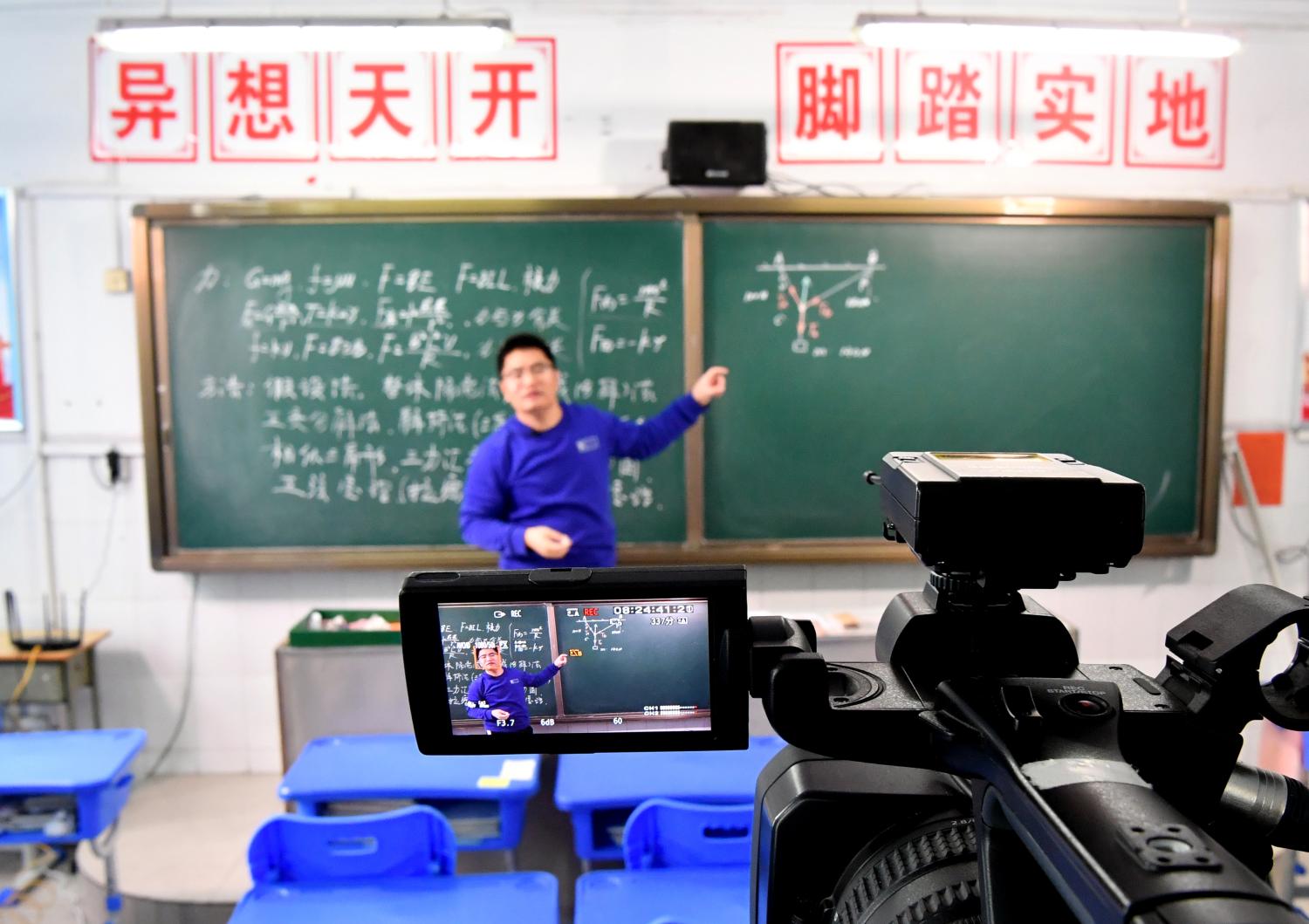
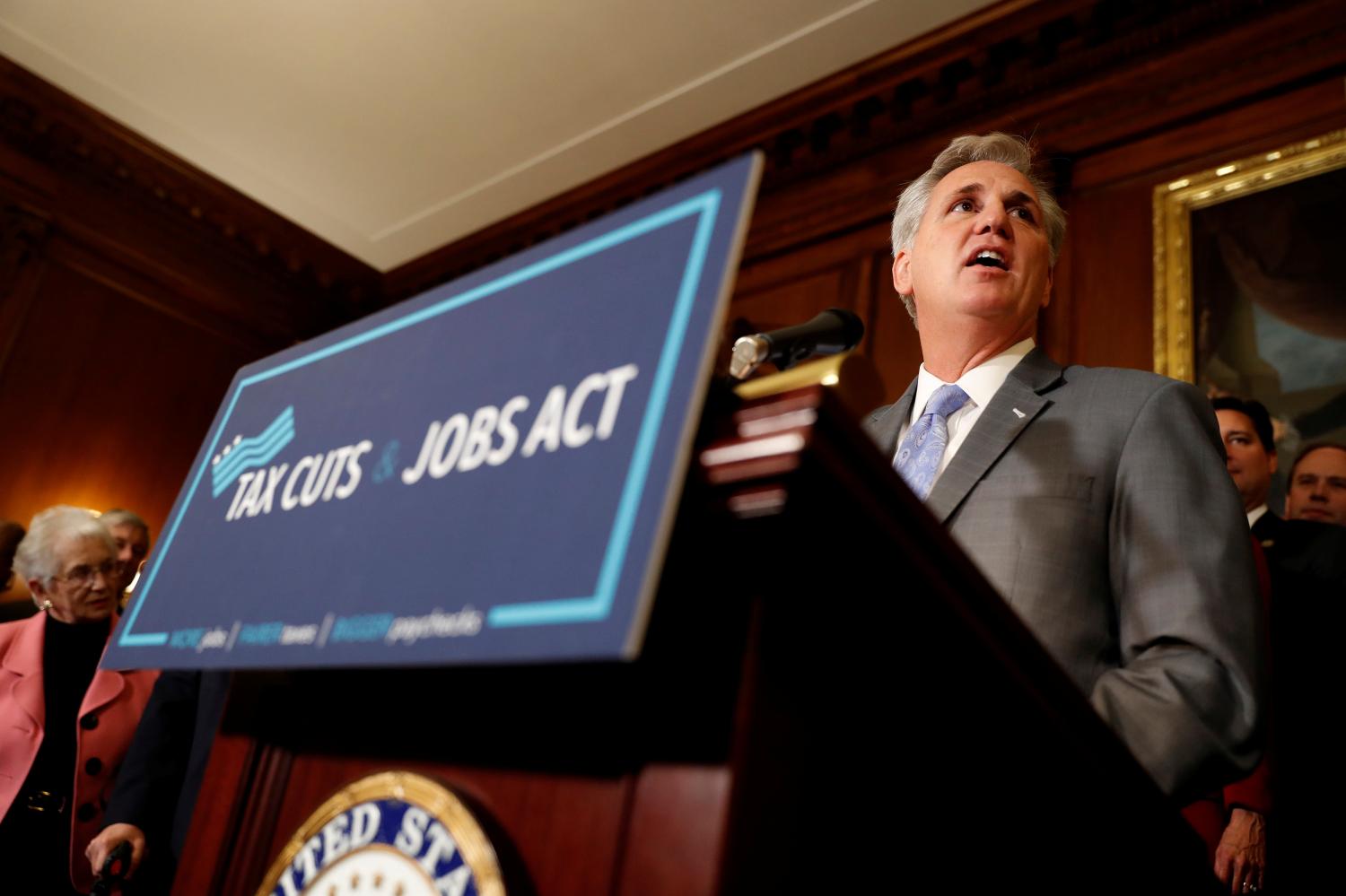
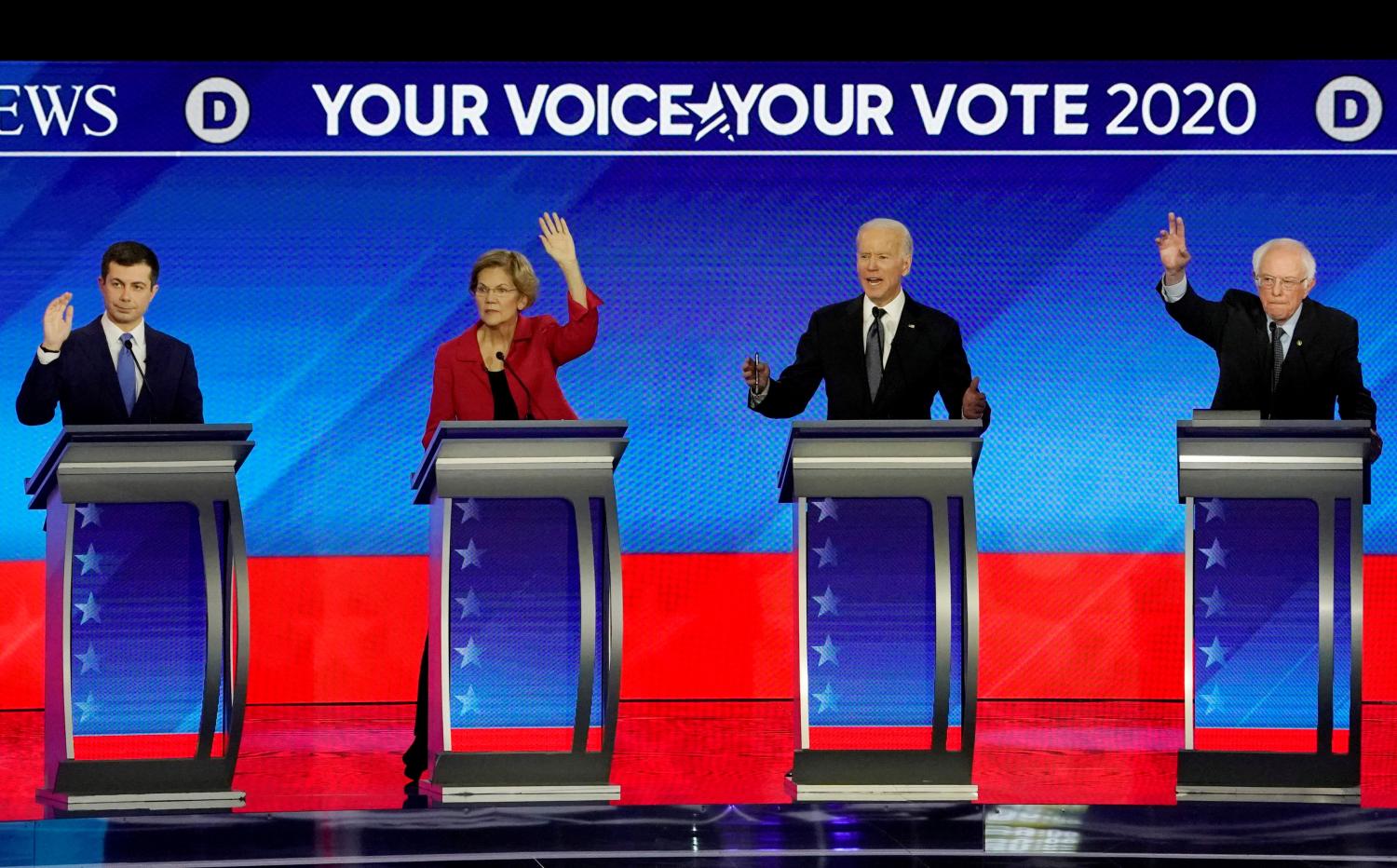
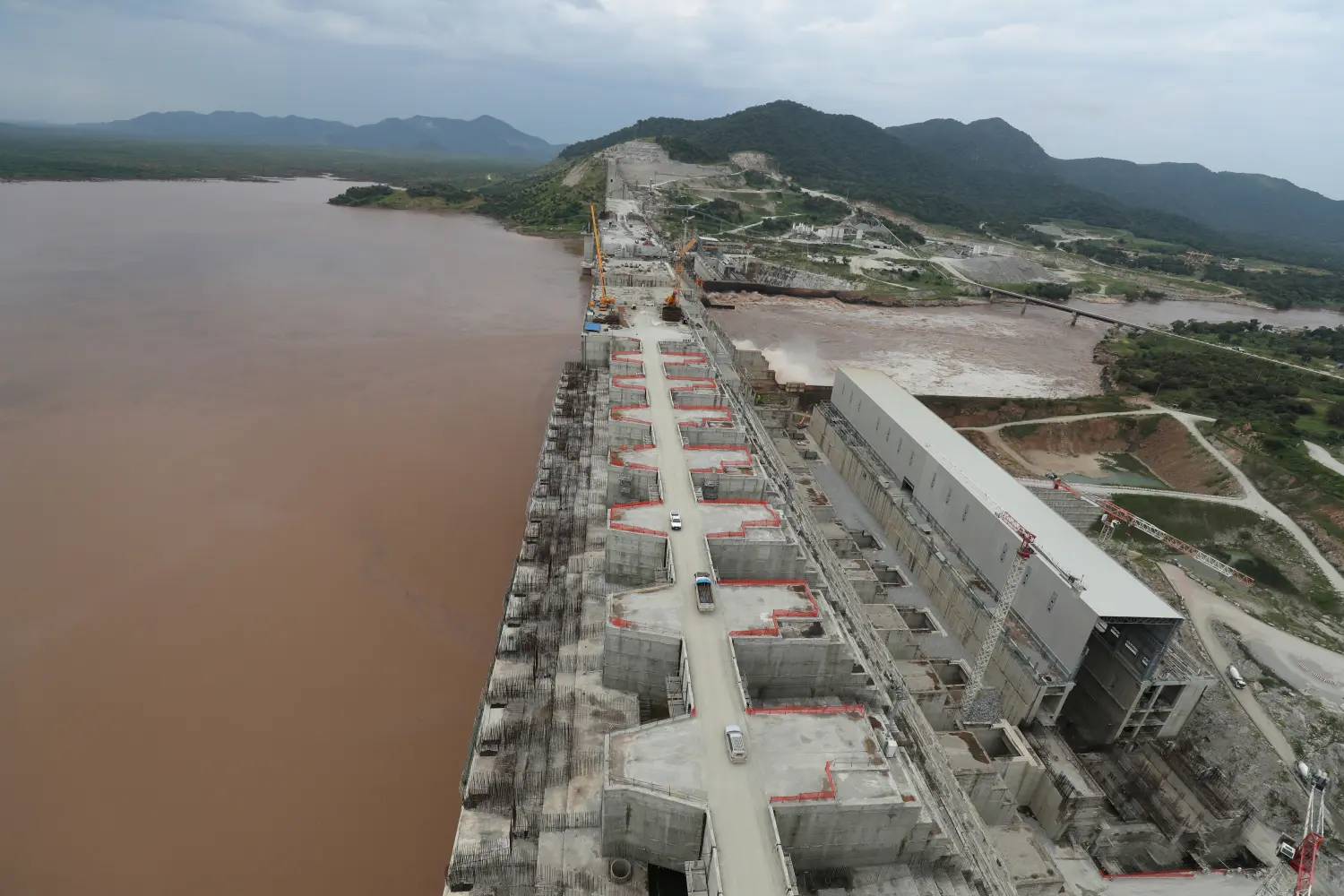
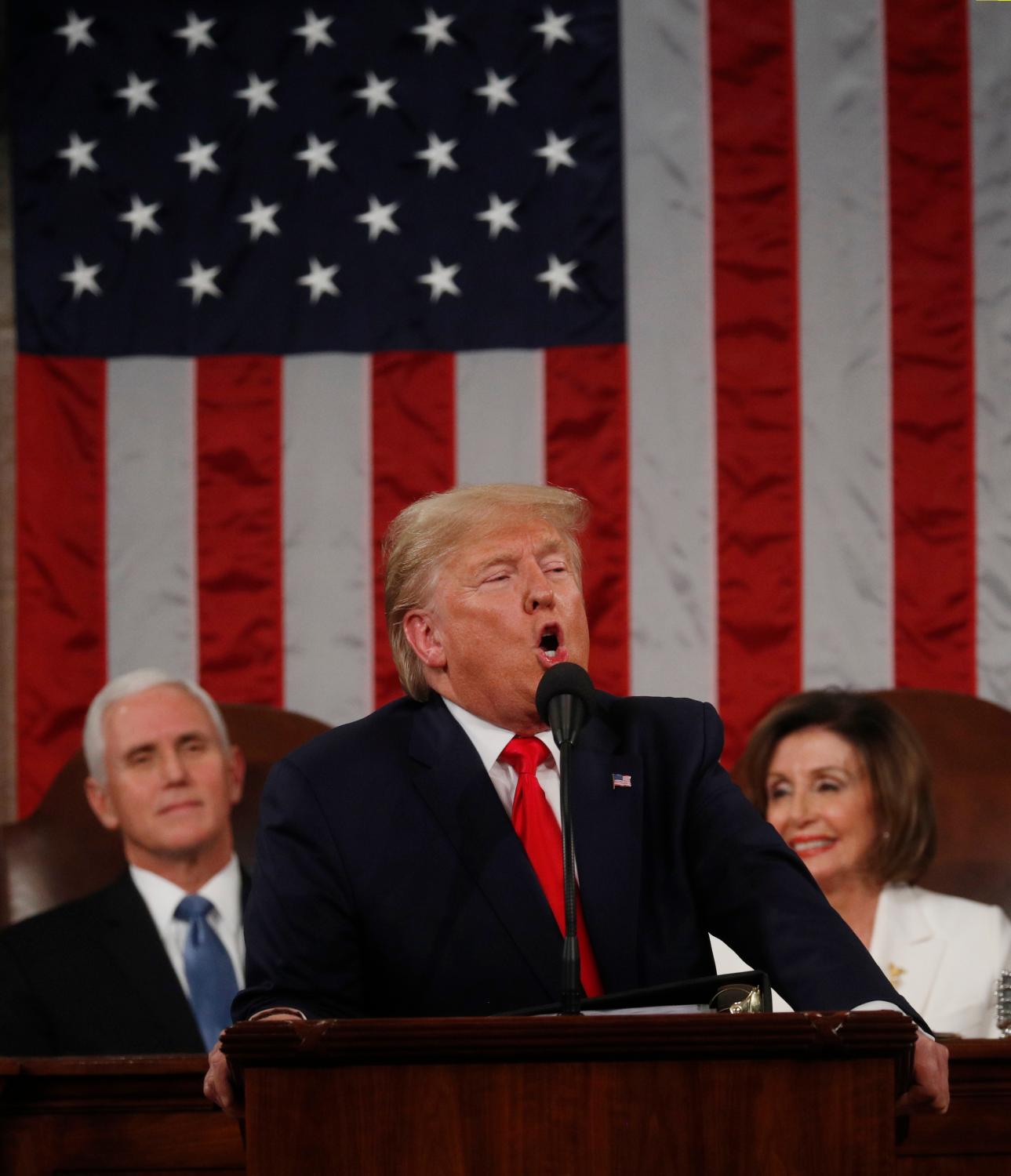
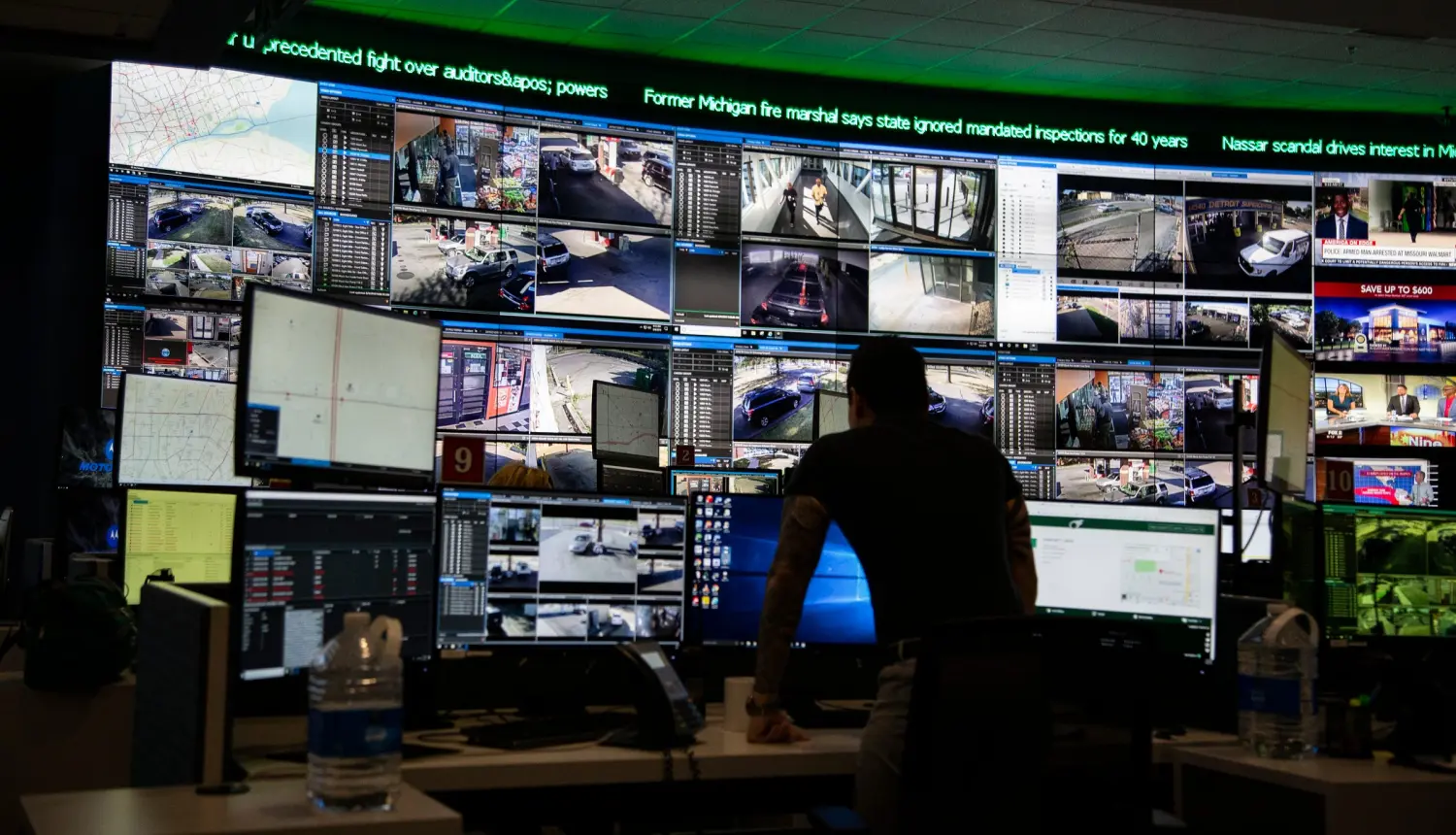
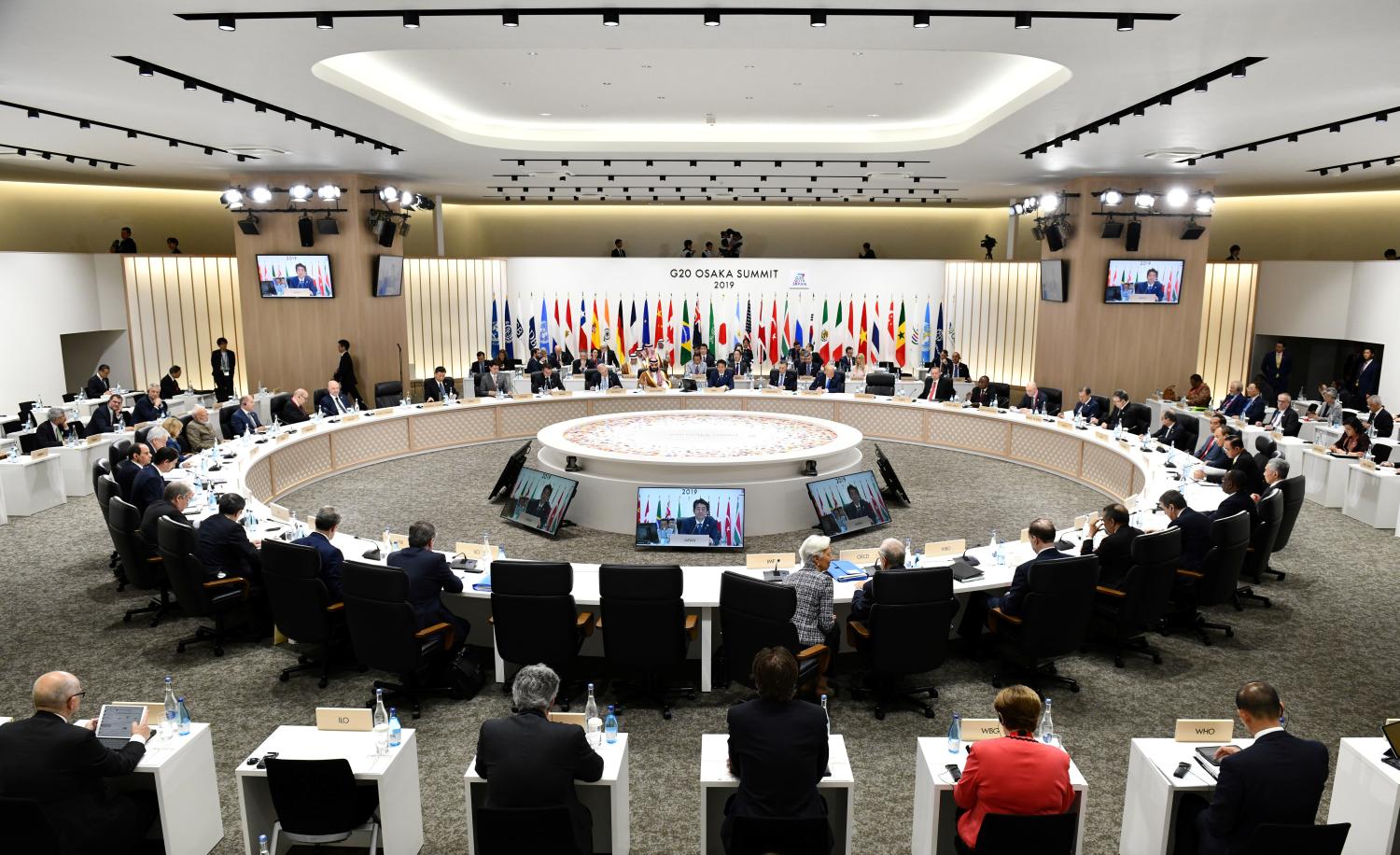

Commentary
10 things we learned at Brookings in February
February 28, 2020